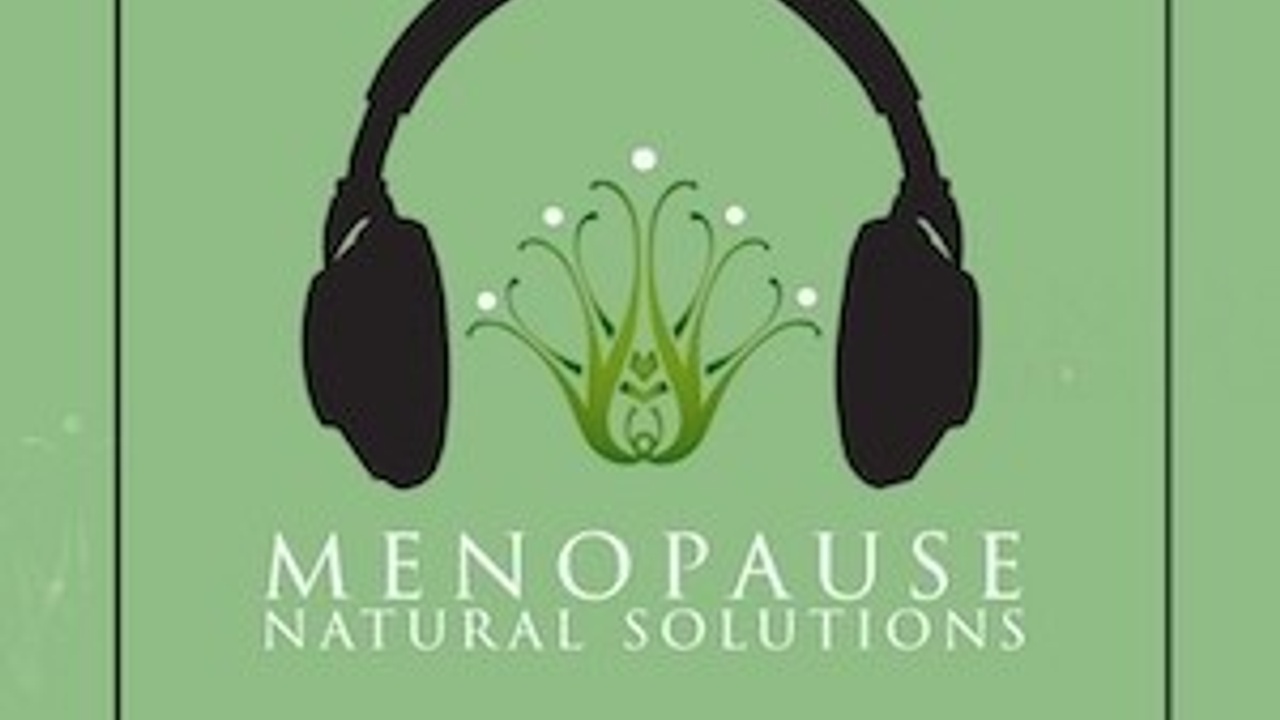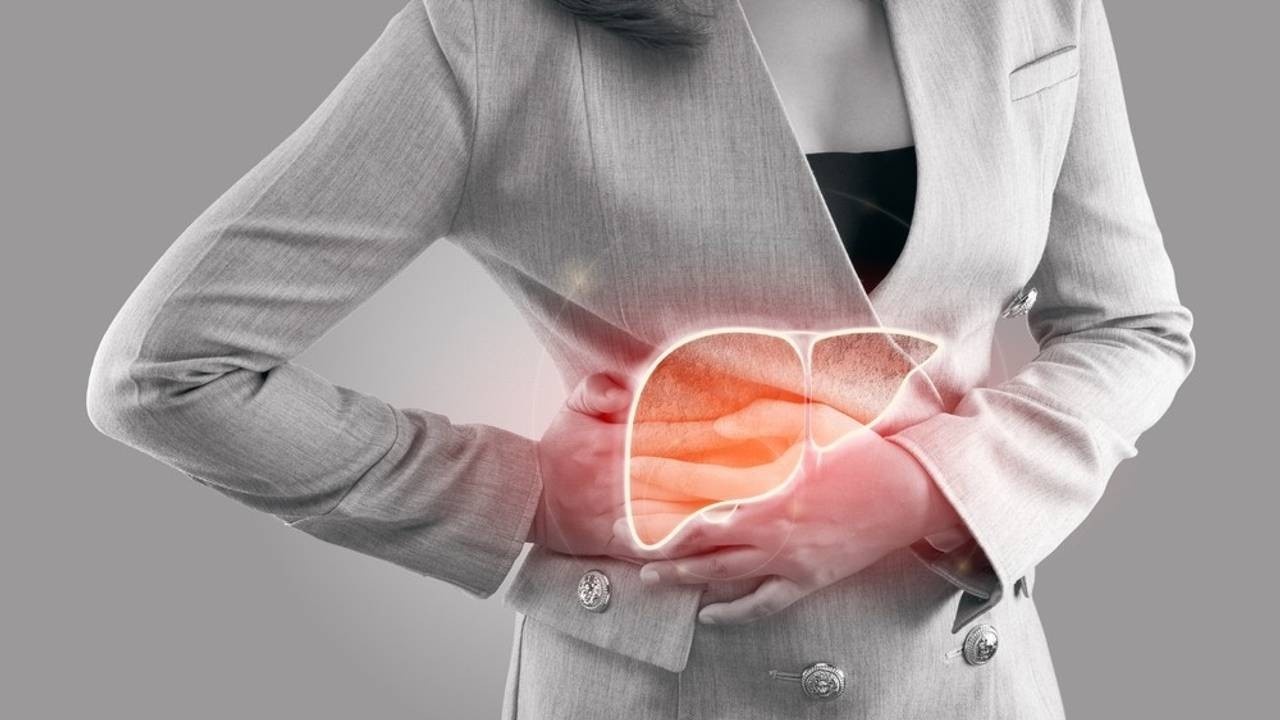Discovering the path back to happiness at midlife

Midlife can be a troubling time for most of us, but there are things we can do to brighten our day and help us rediscover our smile.
Today we examine 8 different lifestyle habits that may help pick you back up.
MOVEMENT
The best thing to help s...
Top Menopause Podcasts of 2022

Hello, I’m Jen, the podcast host of Menopause Natural Solutions and I want to thank you from the bottom of my heart for your company and support during the year.
Before we start I want to acknowledge and give thanks to my wonderful guests who have c...
Night Sweats and Travel

It’s one thing to be in the comfort of your own bed and wake up in a pool of sweat and another to be somewhere else. Many of us are traveling for celebrations and family reunions this holiday season, and it got me thinking about how to best to prepar...
Party Time and Hot Flushes

It’s that time of the year again. It seems everyone has something to celebrate, whether it's Thanksgiving, Hanukkah, Christmas, New Year or all of the above and more. For a woman experiencing hot flushes, it can be a time of lowered self confidence o...
Super Seeds

Edible seeds are a powerhouse of nutrients, brimming with potential. They are so easy and versatile to use and best of all they are an easy dietary additions that brings with them many great health benefits while adding to the flavour of your food.
...Non Alcoholic Fatty Liver Disease - Part 2

In Part 1 a few causative factors were discussed. In part 2 we are looking at 15 nutrient considerations, along with diet and lifestyle recommendations.
While insulin dysfunction is the key foundational causative factor it's not a...
Non-Alcoholic Fatty Liver Disease - part 1

Non-Alcoholic Fatty Liver Disease (NAFLD) is a growing concern, especially for post-menopausal women. It is a chronic progressive disease that develops as a result of excessive accumulation of triglycerides in the liver in the absence of excessive al...
St John's Wort provides relief for Menopausal Symptoms

One of the most successful herbs for use during the menopausal transition is Hypericum perforatum, commonly known as St John's Wort. St John’s wort is a traditional European herb, it flowers around June 24, on John the Baptist’s birthday. Combine thi...
What is the number one health complaint during the menopausal transition?

Would you like to know what the most common menopausal signs and symptoms are?
There are so many different signs and symptoms of the menopausal transition, Andrea Donskey from Morphus has so far counted 84 of them, and her list is still growing!!
...Dizziness in Menopause

Dizziness may be more common than you may realise. A study called “Dizziness in peri and postmenopausal women is associated with anxiety”, found that 37% of women in their study. Aged between 40-65 experienced at least weekly bouts of dizziness. But ...


